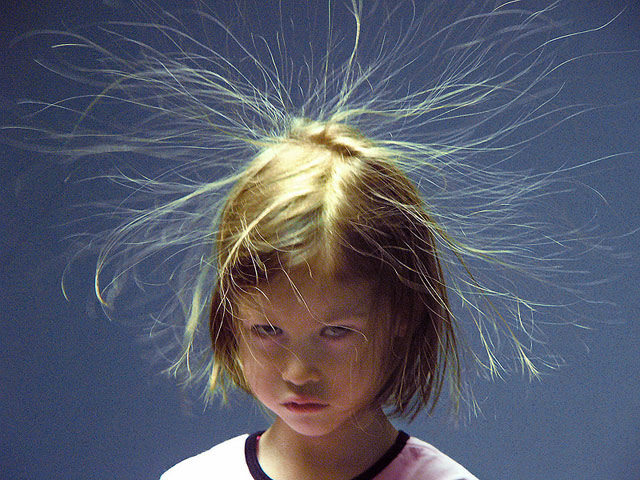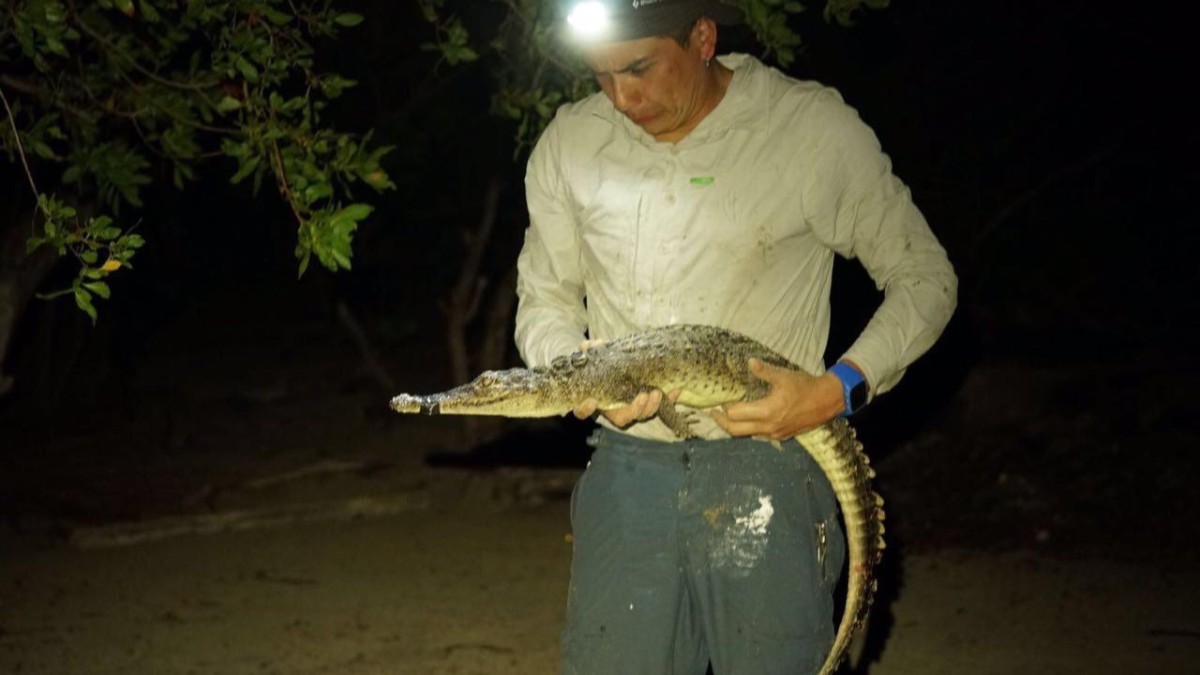Gene Found at the Root of Hair-Pulling Disorder

Everyone feels like tearing their hair out now and then. Some people actually do it. Compulsively.
Scientists at Duke University Medical Center have found evidence that trichotillomania, a psychiatric disorder that causes people to compulsively pull their hair, has a basis in genetics.
Trichotillomania is an impulse control disorder that affects 3 to 5 percent of the population. It is often accompanied by other psychiatric conditions such as anxiety, depression, obsessive compulsive disorder and Tourette syndrome.
Patients with the disorder have noticeable hair loss and bald patches, but often mask their habit, making it difficult to diagnose. Treatment includes therapy to make a patient more aware of their habit and drugs to manage the related symptoms such as depression.
The Duke researchers studied 44 families with one or more members who had trichotillomania and found that two mutations in a gene called SLITKR1 were associated with about five percent of trichotillomania cases.
Even a small relationship like this provides evidence of a biological basis for mental illnesses, which have long been blamed on life experiences, according to Stephan Züchner, an assistant professor of psychiatry and researcher at the Duke Center for Human Genetics. Showing a genetic connection could help reduce stigmas associated with certain mental illnesses and improve diagnosis and therapies, he said.
The researchers believe that other genes are also probably linked with the disorder.
Sign up for the Live Science daily newsletter now
Get the world’s most fascinating discoveries delivered straight to your inbox.
"The SLITKR1 gene could be among many other genes that are likely to interact with each other and environmental factors to trigger trichotillomania and other psychiatric conditions," said Allison Ashley-Koch, the study's senior investigator. "Such discoveries could open the door for genetic testing, which is completely unheard of in the field of psychiatry."
- Top 10 Mysterious Diseases
- Psychological Stress in the Healthy Human Brain
- Hearing Voices: Some People Like It
- Fear Factor Gene Discovered
- Mysteries of the Mind










